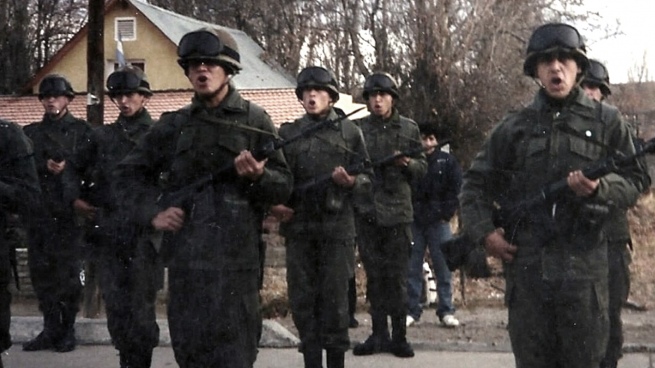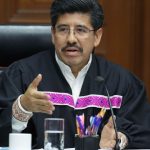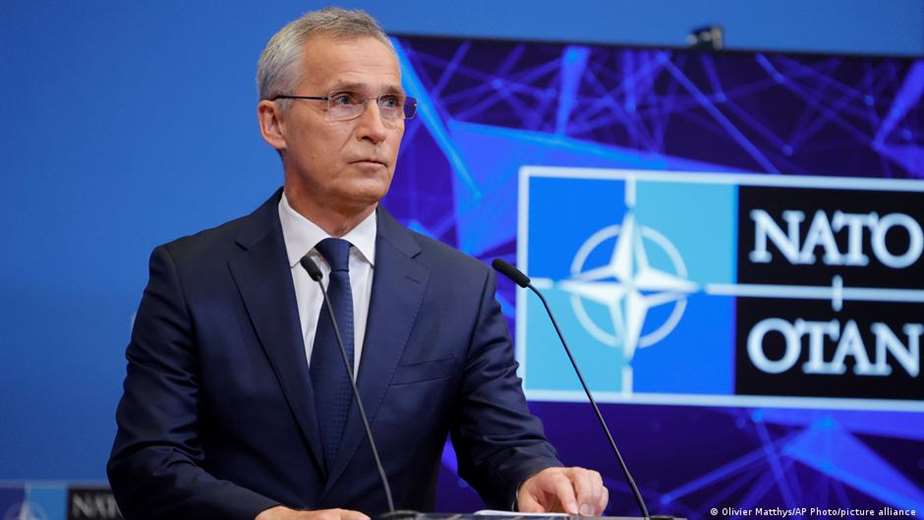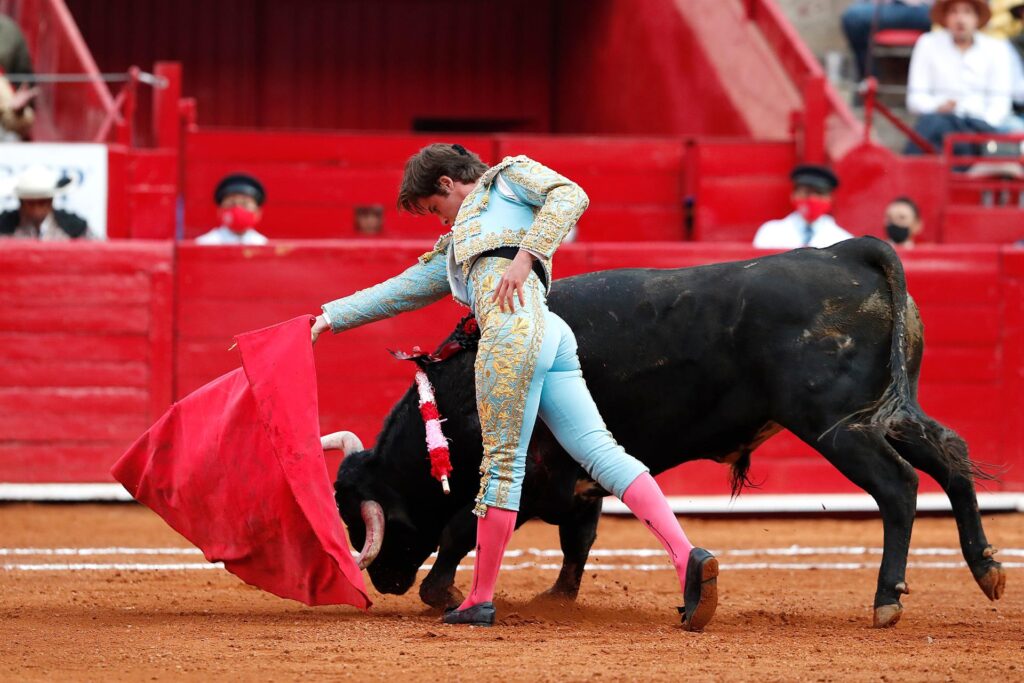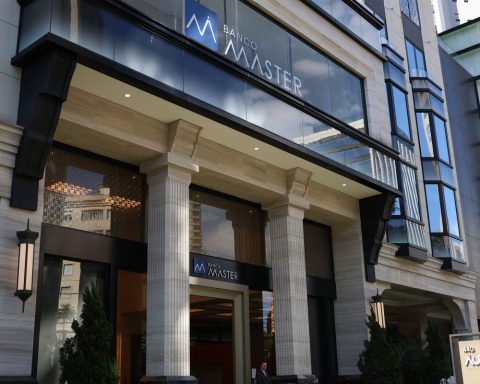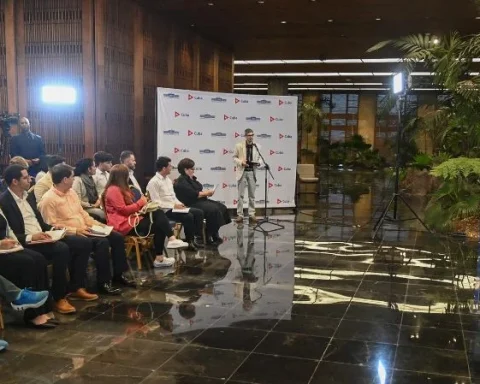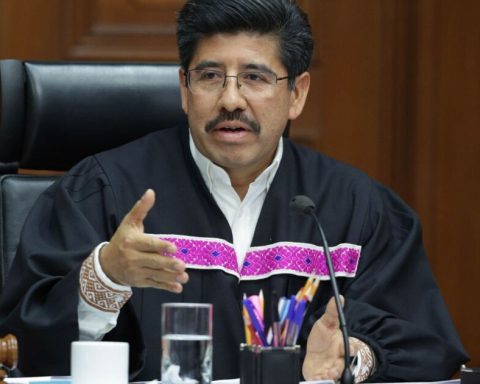Duilio Ramírez, lawyer of the lawsuit that the province of Chaco is following in the trial against humanity of the cause “Conscripts” that takes place in Resistencia, considered that the testimonies offered throughout the debate “are forceful” and was confident that the accused will receive sentences when the verdict of this process is announced on July 1.
“The 10 defendants were recognized by various witnesses. The testimonies are overwhelming and we present the documentary evidence, that is why we expect them to be convicted,” Ramírez told Télam, Lawyer of the Secretary of Human Rights of Chaco.
It is the tenth trial for crimes against humanity taking place in the province and this case is known as “Conscripts” because two of the victims, Ramón Luque and Ricardo Uferer, were serving compulsory military service when they were kidnapped by Army troops.
The Court is made up of Noemi Marta Berros, Liliana Graciela Carnero and Roberto López Arango and the prosecutors Diego Vigay and Walter Romero and the complaints of the Human Rights Secretariats of the Nation and the province of Chaco intervene. In addition, the magistrates will rule by the crimes against Santiago Almada, Saturnino Ferreira and Norma Beatriz Medawar.
In this trial, crimes against humanity perpetrated between 1974 and 1979 against five detainees who were held captive in the clandestine detention center (CCD) of the Provincial Police Investigation Brigade and in the Police Mayor’s Office of Resistencia were aired.
This oral and public process, which began on April 20, is in its final stage and next Thursday the defendants will have the opportunity to offer their last words before the Court, which will be in a position to issue a ruling.
The prosecution requested in its plea sentences ranging from 10 to 18 years of effective prison -according to the degree of responsibility- for the four former soldiers and six former police officers identified as perpetrators of illegal deprivation of liberty and aggravated torture.
Those accused of crimes against ex-conscripts are former police sergeant Gabino Manader and former Army officer Aldo Héctor Martínez Segón, who could face 15 years in prison. Also the former head of the Investigation Brigade José Francisco Rodríguez Valiente, the former commissioner Juan de la Cruz López, the former guard Miguel Ángel Vittorello, the former corporal of the Provincial Police José Marín and the former Army officers Luis Alberto Patetta and Ricardo Guillermo Reyes, for whom twelve years were required. And former Army officer Ernesto Jorge Simoni, for whom the prosecution requested 10 years in prison.
Meanwhile, former police officer Carlos Domingo Mora could face the highest sentence of 18 years for the crimes against Almada, Ferreira and Medawar.
During the time that the victims were held captive, they were subjected to different torments, both physical and psychological, and were forced to witness the death and torture of many people who were kidnapped.
The clandestine Brigade detention center was where the victims were kept who would later be executed in “The Massacre of Margarita Belén”perpetrated by repressive forces on December 13, 1976, when they killed 11 militants and another four were disappeared.
For their part, the defendants denied the charges throughout the hearings of this trial, and Several of them are serving sentences for other crimes against humanity in cases such as “Margarita Belén” and “Caballero I y II.”
“They declare themselves innocent, they declare that they were not there or that they were not there. They do not show any sign of repentance or empathy,” Ramírez stressed in this regard.
Throughout the country, hundreds of conscripts suffered torture and many of them disappeared during the last dictatorship.
At that time, a common procedure was to associate with possible subversives those who stood out for their skill in the use of weapons in training.
Luque and Uferer were militants of the Peronist Youth (JP) of Chacoknew each other from high school and both entered the Compulsory Military Service in 1976 within the Liguria Regiment and the 7th Artillery Group, and were kidnapped just 10 days apart in June.
“They were 20 years old when they entered and they came out at 26 and 27 years old. They spent so much time in prison that when they regained their freedom, of four days they had lived, one had been spent in captivity. They took away their best years and there was a special cruelty with them “said the plaintiff’s attorney.
“There were periods of great internal repression, they tried to destroy us psychologically and physically, but we kept hoping to survive, which was the only thing we could do,” recalled Uferer, who in his statement recognized Manader, López, Segón, Simoni, Marin, Vitorello, Reyes and Patetta thanks to the few moments he could be without his eyes covered with a blindfold.
In 1977, both young men were taken to the military prison and clandestine center La Rivera in Córdoba, as a strategy to “deepen the uprooting” of the prisoners.
They only stayed there four months. The reasons are not clear, but it is believed that there was a lack of intelligence that forced them to return. In December of that year they were taken back to Chaco and detained at the Resistencia Police Office where they were dismissed because they were accused of participating in subversive activities. They remained at the disposal of the Executive Power.
Finally, in 1981 they were transferred again to Córdoba to submit them to a War Council that released them in October 1982. “On Sunday, October 17, they took us to Córdoba and then they released us and only then were we able to go to Resistencia. It was a nice moment to return home, see my family, many things had changed,” recalled Luque, who also remembers having lived as a “healing” process referring to the torments he had suffered in the trial.
Currently, former conscripts Luque and Uferer are retired and live in Resistencia. They keep in touch and refer to each other as “brothers”.
“With the companions with whom one lived such profound things, a lot of affection remains and we have passed everything as one,” said Uferer.
A few weeks after the sentence, both they hope that there will finally be a conviction for the accused.
“For me and my colleagues this is very important,” reflected Uferer, noting that “all the trials in which we testify and give testimony have great meaning because it is building the entire puzzle of our recent history. It is a contribution to the consolidation of democracy. Everything that happened cannot go unpunished,” he reflected.
